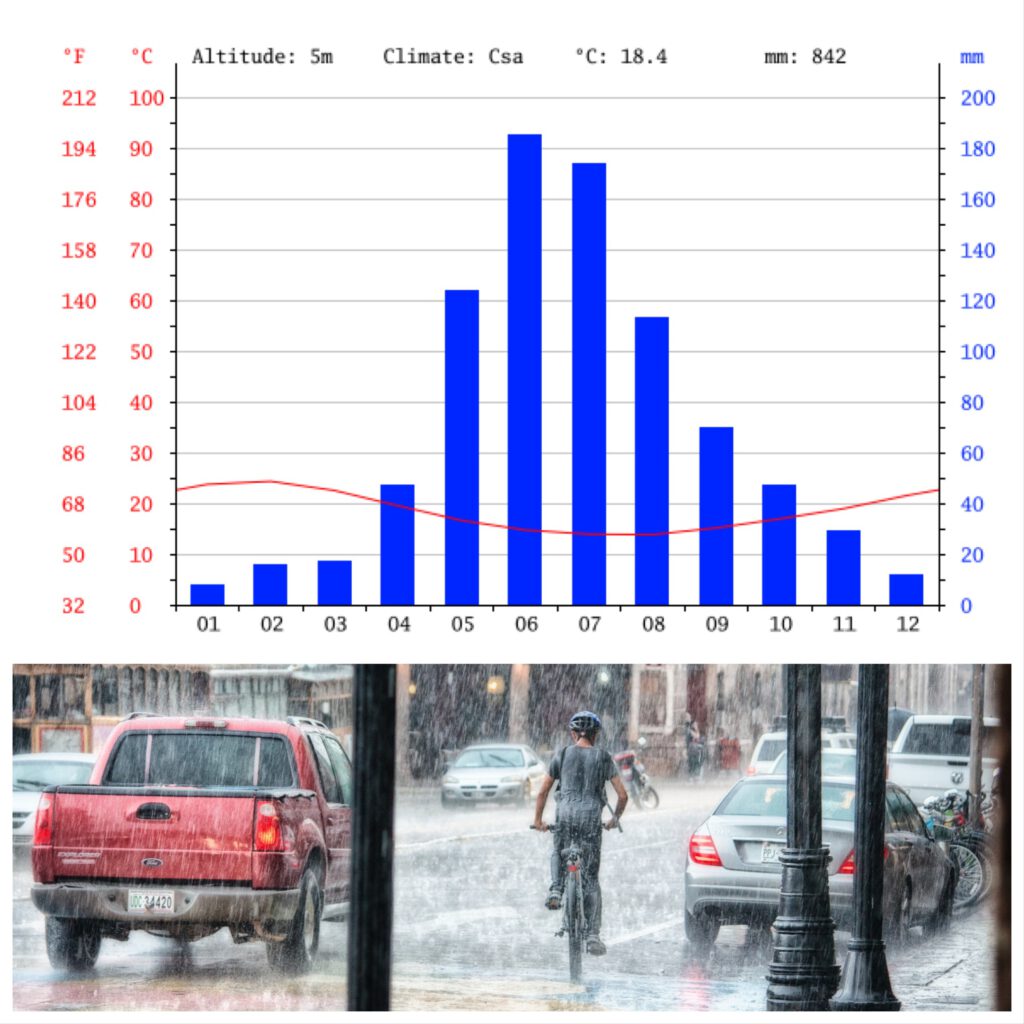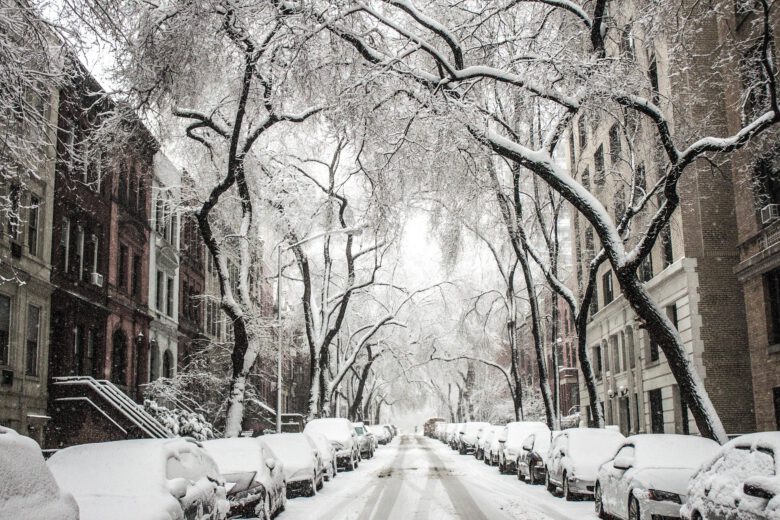If there is climate change, if there really is such a thing as global warming, why is it freezing cold?
Well, to clarify this issue we must first understand what is climate and what is weather.
Weather, climate or all together?
Weather or meteorological weather is defined as the state of the atmosphere at a particular place and time. It is usually expressed in terms of temperature, atmospheric pressure, humidity, wind speed and direction, precipitation and cloudiness. In other words, it is what it is like today: cloudy, sunny, 25°C or -6°C, wind from the northwest…
Climate, on the other hand, is the average of all these weather records during a given period, including the most extreme ones. For example, it is expected that in Boston, during the winter months, it tends to be very cold; or that in the Sonoran desert, during the summer period, it does not rain.

Illustration climate (Wikipedia) and weather (Genaro Servín)
What we experience every day is the weather, not the climate. So when temperatures suddenly plummet and it snows like never before, it’s hard for us to understand that the climate is actually changing and global warming is occurring.
Consequence of climate change: global warming
One of the main consequences of climate change is that it changes the usual behavior of the weather.
Obviously there will always be cold records, but if we look at the averages of recent years and compare them with those of 40 or 50 years ago, there are not as many cold records as warm ones.
The video below shows the evolution in average land surface temperatures from 1880 to 2020. That is, the global warming that has occurred in the last century.
Experts expect to have even more warm records than cold ones and for the oscillations to become larger and more unpredictable.
References & Resources
- NOAA US Department of Commerce (May 2020), What is the difference between weather and climate?
- NASA, Video: Global Warming from 1880 to 2020
- Nasa Earth Observatory (2019), 2019 Was the Second Warmest Year on Record
- Wikipedia – Climate graph
- Pexels – Genaro Servín



